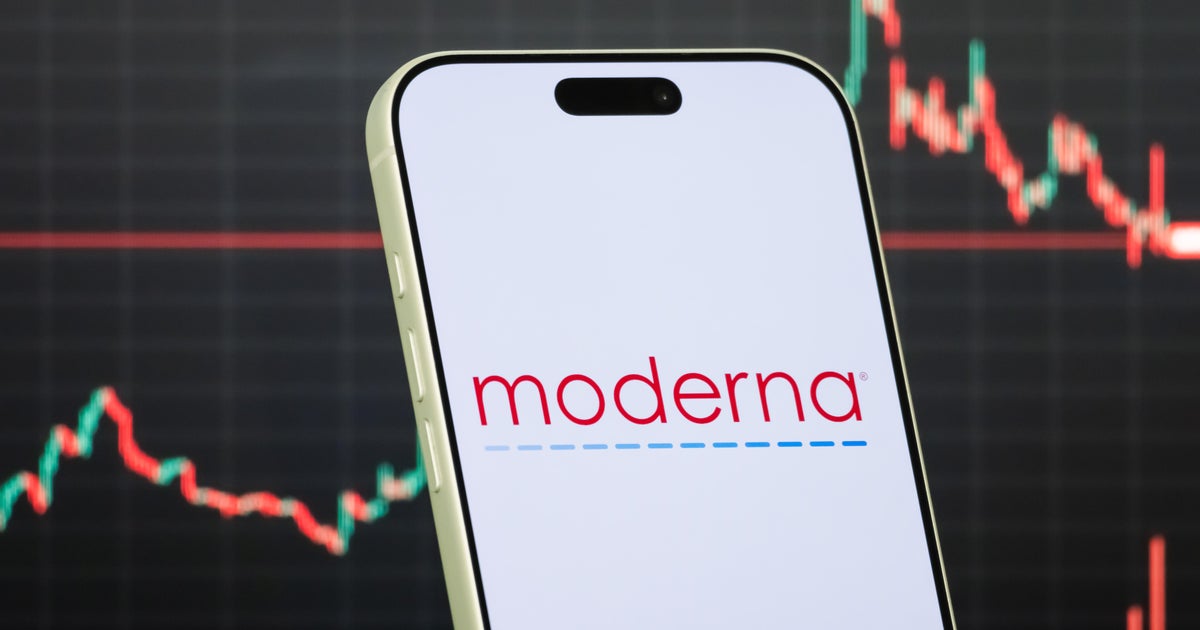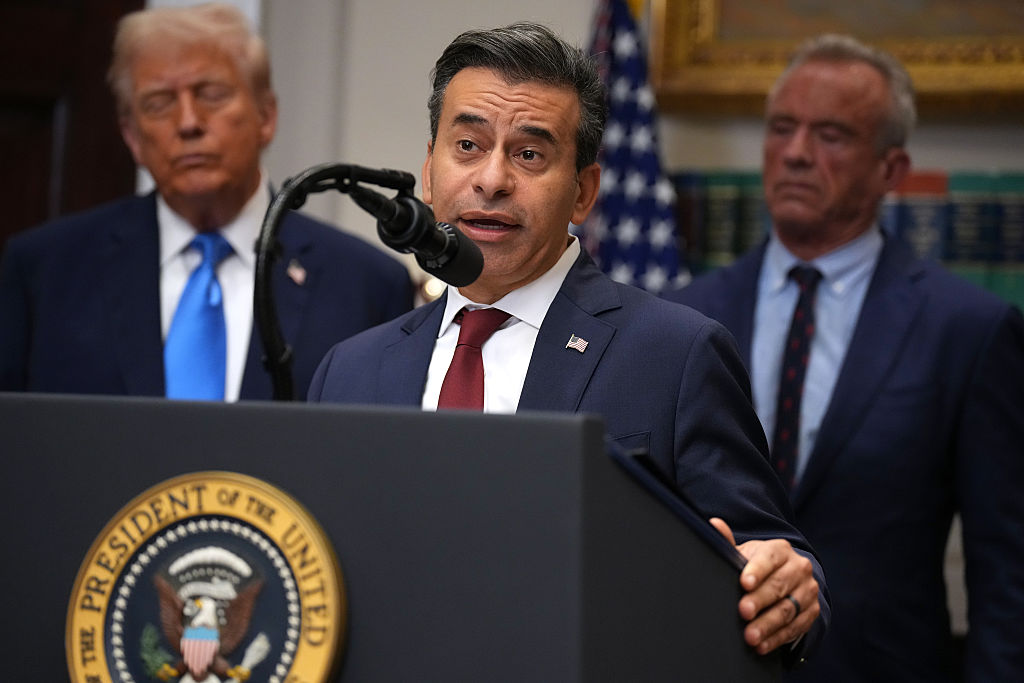Georgia "jumping the gun" with easing restrictions, former FDA Commissioner Scott Gottlieb says
Dr. Scott Gottlieb, the former commissioner of the Food and Drug Administration under President Trump, warned Sunday that Georgia is "jumping the gun" with allowing some businesses to reopen as the country continues to grapple with the coronavirus pandemic.
"It's going to take some time until we see sustained declines in new cases and get to the point where there's a low enough level of spread in the country that we could feel comfortable about opening up parts of the country," Gottlieb said on "Face the Nation." "It's going to be probably mid-May, maybe late May in parts of this nation. Georgia's certainty jumping the gun I think here getting started too early relative to where they are in the epidemic."
Georgia is one of the first states to begin easing restrictions on businesses, though Tennessee and South Carolina were close to follow. Governor Brian Kemp allowed gyms, hair and nail salons, bowling alleys, tattoo parlors and massage therapists to begin operating Friday in compliance with health and safety requirements. On Monday, theaters and restaurant dine-in services can open their doors again.
Kemp's decision put him at odds with President Trump, who said last week he disagreed with the decision. Mr. Trump said he believes businesses "can wait a little bit longer" as the state has not yet met the administration's criteria to proceed to a phased opening.
Gottlieb warned Georgia's reopening "does up the risk of infection" and said the state is testing roughly 1% of its total population. Public health officials say that broad testing is crucial to begin easing social distancing measures.
"Georgia's certainly not out of the woods," Gottlieb said, adding there are 23,000 confirmed coronavirus cases in the state. "They may have plateaued in their epidemic maybe, but they're still accruing a lot of new cases and they certainly aren't coming down in terms of the number of new cases each day."
Gottlieb said last month it's unlikely life in the U.S. will return to normal until there is a coronavirus vaccine, but the country's ability to quickly develop a vaccine may have been impeded with the ouster of Dr. Rick Bright, director of the Biomedical Advanced Research and Development Authority (BARDA), last week.
Bright said he was "involuntarily transferred" to the National Institutes of Health after he limited the use of chloroquine and hydroxychloroquine, a drug touted by Mr. Trump.
Gottlieb said Bright, who he knows and has testified alongside, was "very effective" in his role at BARDA. When asked whether the change-up in personnel would impact the timeline for developing a vaccine, Gottlieb said "it's hard to say it doesn't."
"I think it was important to have continuity in that job, and he was effective. He was a vaccine expert, so I was sorry to see him go," he said. "I think changing leadership in that position right now certainly is going to set us back. It's hard to argue that that's not going to have some impact on the continuity and also make businesses, companies that need to collaborate with BARDA, a little bit more reluctant now to embrace BARDA now that there's a cloud hanging over it and some uncertainty about the leadership."
Gottlieb also pushed back on the use of disinfectants to treat COVID-19, the disease caused by the novel coronavirus. Mr. Trump last week speculated about injecting disinfectants, though he walked back the remark, telling reporters Friday he was being sarcastic.
"There's no effective use of a disinfectant internally," he said. "And we should be very clear about that. Nobody should be using a disinfectant as an ingested agent, injecting it, eating it, in any fashion. These are deadly agents. We see thousands of calls to poison control each year around people who consume, disinfect. And so we need to be very clear about this, that nobody should be consuming a disinfectant. And they don't work for the treatment of anything, let alone coronavirus."



